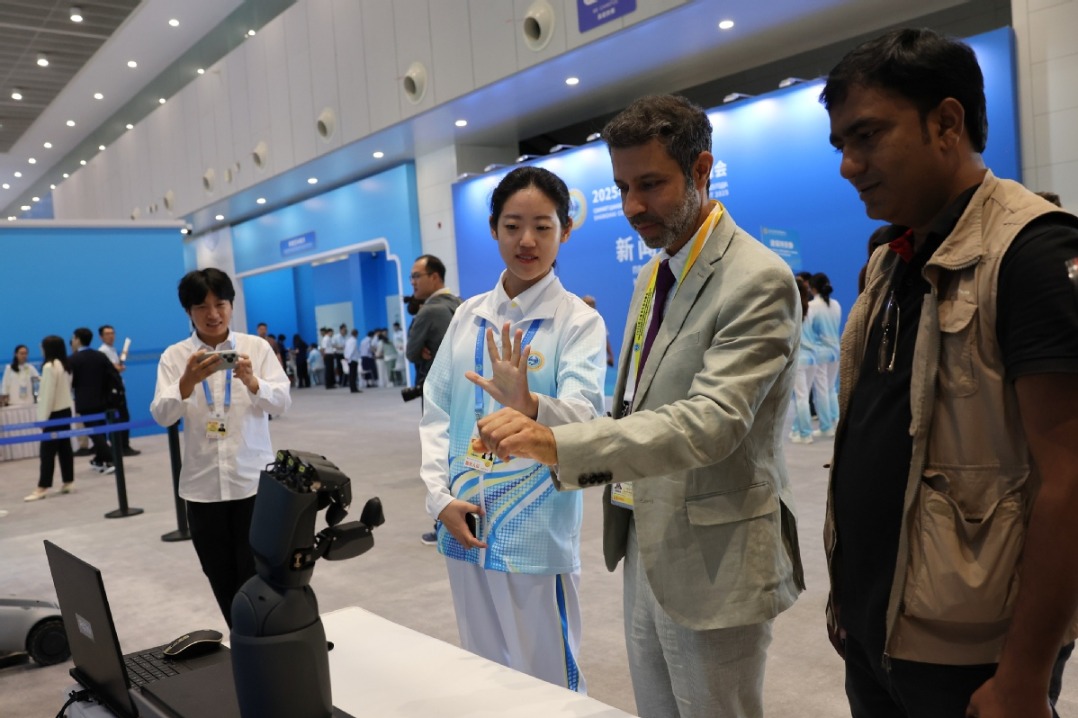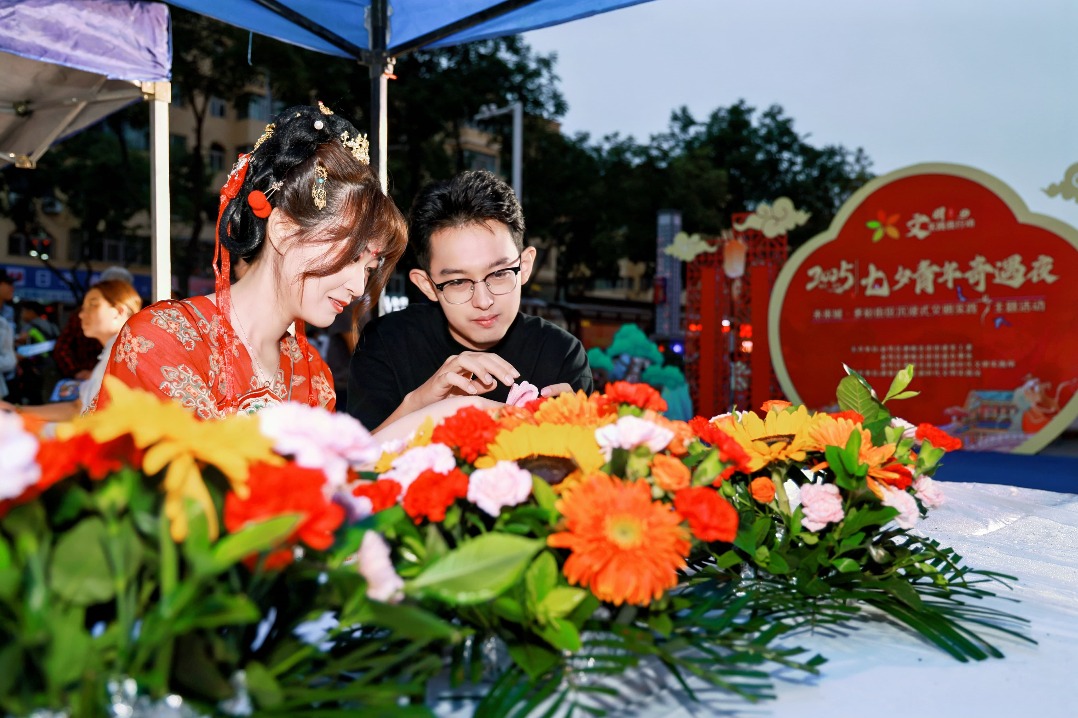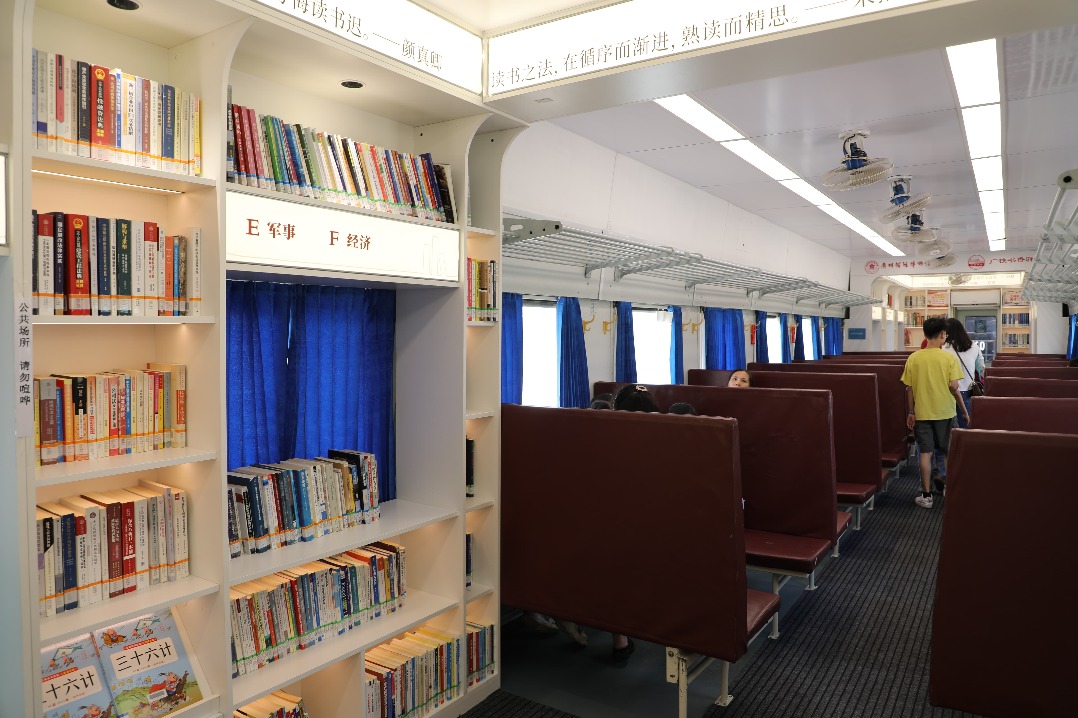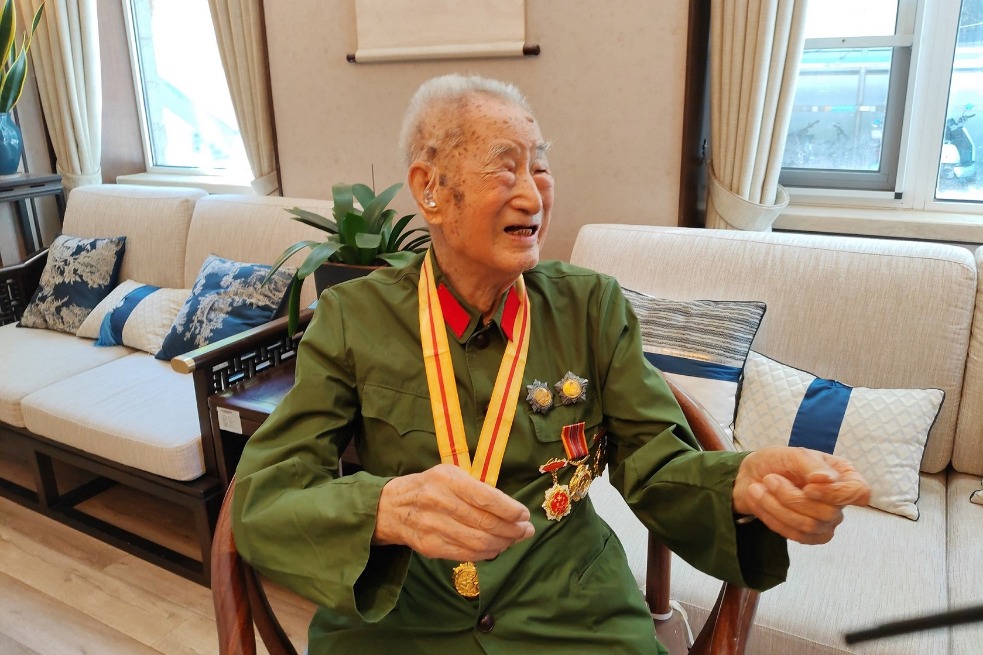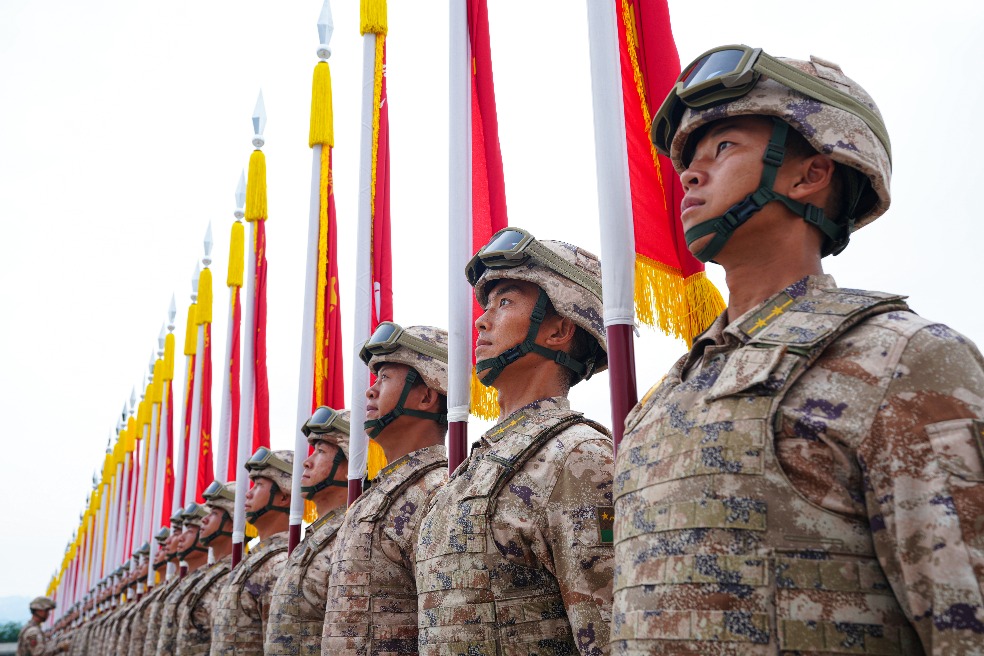Legal, economic experts debate global framework for digital trade

Legal and economic experts have called for increased interdisciplinary research and collaboration to jointly foster an inclusive and equitable global framework for the development and governance of digital trade.
The call was made during a recent seminar co-hosted by the China University of Political Science and Law (CUPL) and the University of International Business and Economics (UIBE).
Zhang Xiangchen, deputy director-general of the World Trade Organization, said: "The global trade environment has fundamentally changed, presenting unprecedented challenges to traditional analytical tools."
Zhang emphasized that new quantitative trade models are crucial for understanding key issues like supply chain resilience and digital transformation, calling on academia and international organizations to deepen collaboration and innovate multilateral trade policies to help create a more inclusive and fair global trade environment.
Jiang Zeting, chair of the university council of the CUPL, highlighted the significance of digital trade, viewing it as a new engine for advancing the global economy.
"The challenges posed by digital trade require solutions through multilateral consultations," Jiang said. "We'll establish interdisciplinary research platforms to deeply integrate theories with practice in this regard and continuously promote legal exchanges, so as to contribute to building open and inclusive international governance rules."
In the field of cutting-edge legal research for the digital age, CUPL has demonstrated academic strength and international reach.
In June 2021, for example, the university established its Data Law Lab, encompassing five research centers dedicated to serving China's national strategies of building a digital economy, digital government and digital society.
Along with additional exchanges with international academies focused on these cutting-edge areas, the CUPL vowed to share more of China's approaches to the challenges of global governance in the digital economy era.
Zhao Zhongxiu, president of UIBE, also pledged to continue collaborating with both domestic and foreign partners to foster a deep integration of theoretical innovation and policy implementation.
During the seminar, a number of economic and legal professionals from home and abroad exchanged ideas and engaged in heated discussions on topics related to digital development, including the innovative application of computing technology in economic models, the prospects for big data in economic analysis and data governance under the rule of law.
















